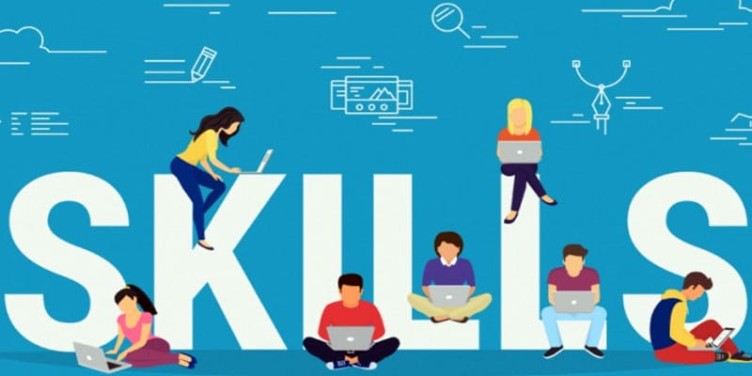Leveraging Social Proof to Build an Unshakeable Personal Brand in 2025
In today’s digital economy, harnessing social proof is critical for establishing a strong personal brand. When others recognize your expertise and value, it sends a tremendous ripple effect that can greatly boost your professional reputation and career chances. Understanding the Psychology Behind Social Proof Social proof relies on a very simple human psychology premise: people look to others to determine what’s appropriate behavior and choices. For businesses, that means future employers, clients, and colleagues are looking for evidence of your abilities through the experience and testimonials of others. Consider how you analyze things before making a purchase: you probably read reviews, ask friends for advice, and seek validation from reputable sources. The same concept applies to personal branding, where third-party endorsements can have a substantial impact on how people perceive your professional worth. Understanding this psychological base enables us to carefully add social proof aspects into our personal brand building efforts. It’s not only about gathering testimonials; it’s also about crafting a story of trust and knowledge that speaks to your target audience. Building Your Social Proof Portfolio Begin by understanding the various sorts of social evidence that can help your personal brand. These could include LinkedIn recommendations, client comments, industry awards, media coverage, or speaking engagements at major conferences. Professional development systems such as Careerist recognize the value of social proof in career success. Their programs frequently feature opportunities to establish convincing social proof through certificates, project portfolios, and networking with industry experts. Document your accomplishments thoroughly, including good feedback, successful project outcomes, and quantifiable results. These pieces provide strong foundations for your personal brand narrative. Leveraging Digital Platforms for Maximum Impact Your online presence should positively publicize your social proof across various media. LinkedIn is probably the most common professional social proof network, and recommendations and endorsements from peers and industry leaders mean a lot. Connect with the Careerist to broaden your professional network and learn about new social proof possibilities. Engage meaningfully with industry content and participate in discussions that showcase your skills. Create material that seamlessly combines your social proof pieces. Share successful project case studies, highlight collaborative accomplishments, and highlight favorable client outcomes, all while recognizing team members and mentors who helped you succeed. Converting Experience into Credible Social Proof Focusing on precise, measurable outcomes will help you turn your professional experiences into convincing social proof. Rather than merely stating obligations, emphasize accomplishments that people can verify and relate to. For example, instead of typing “Led a team,” use “Led a cross-functional team of 12 members to deliver a project 20% under budget, resulting in client testimonials praising leadership and efficiency.” This method provides solid evidence of your ability. Remember to periodically update your social proof portfolio with new accomplishments and testimonials. Recent evidence of success is generally more important than earlier successes. Amplifying Your Social Proof Through Storytelling Create interesting tales around your social proof items that will resonate with your target audience. Share the journey, problems conquered, and lessons learnt alongside the ultimate results. Using the STAR method in structuring your success stories-telling Situation, Task, Action, and Result- this framework makes telling short and compelling tales that communicate value convincingly naturally. Consider building a personal website or professional blog where you can present thorough case studies and testimonials in a way that is consistent with your personal brand identity. Conclusion: Activating Your Social Proof Strategy Developing a strong personal brand with social proof requires consistent effort and smart planning. Here is your action plan to get started: Remember that genuine relationships and consistent value delivery accumulate over time to create true social proof. Focus on making a genuine effect in your work contacts, and the social proof will automatically come.


